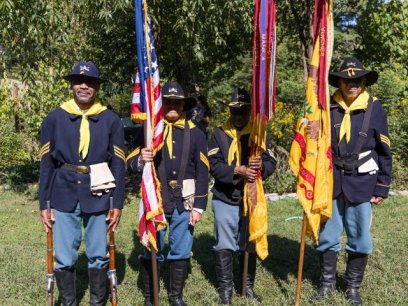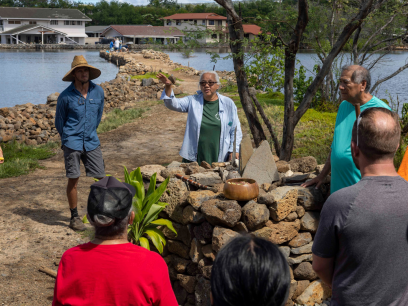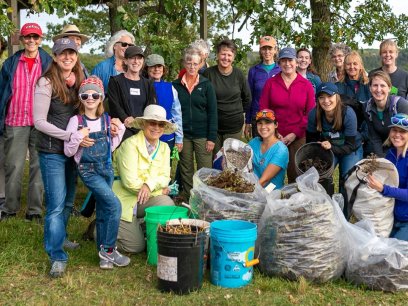
As a fish and wildlife biologist, Dennis Buckingham understands just how important conservation events like National Public Lands Day (NPLD) can be, especially on habitat managed by the Department of Defense (DoD). Perhaps that’s why he has continued to participate in NPLD at US Army Joint Base Lewis-McChord (JBLM) for almost two decades.
"The DoD hosts more endangered species, species richness, and rare habitat acres than any other government agency,” said Buckingham. “It's an honor to steward these lands, and we relish the opportunity to show the wider public that we take our responsibility very seriously. I think many people are reassured by seeing how much effort is going into preserving these rare species and landscapes.”
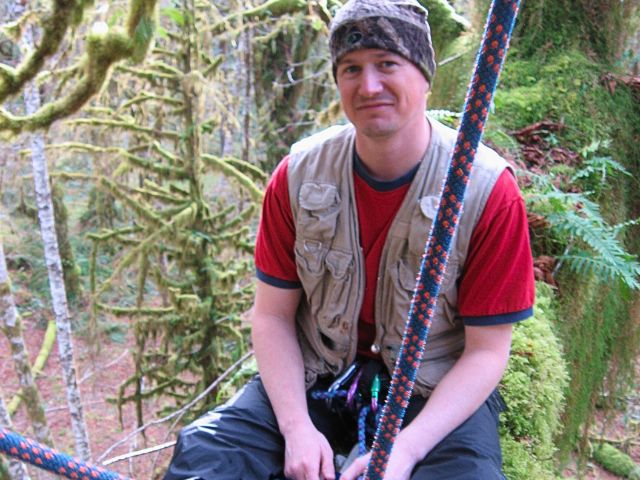
Buckingham believes that events like NPLD are crucial to reach an audience of volunteers that is often outside of typical volunteer programs, especially on DoD installations.
Bringing brand new people into the mix, teaching them a few things, and showing them how they can make a difference is another way that NPLD magnifies our impact
Dennis Buckingham
“Our typical audience are either college students in environmental science programs, or retired or active-duty personnel with backgrounds in hunting, fishing, etc.,” he said. “At our NPLD events, we often have members of the public and DoD employees with almost no knowledge of ecology.”
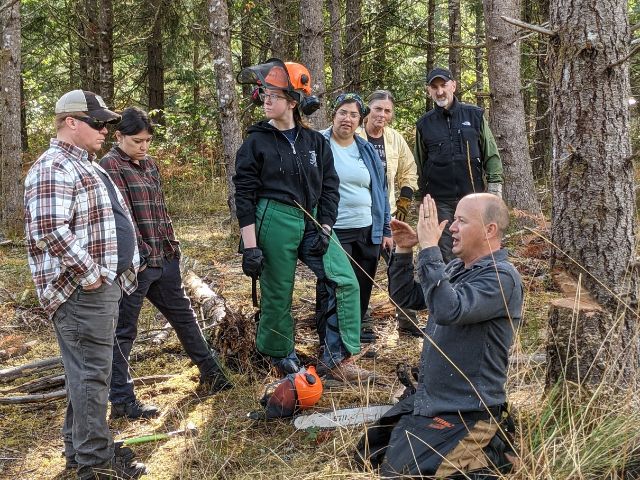
Recruiting these fresh volunteers is paramount for site managers looking to effect real change on the lands they manage. Employing effective strategies for attracting and retaining participants beyond NPLD is a real challenge, but a worthy one.
“Bringing brand new people into the mix, teaching them a few things, and showing them how they can make a difference is another way that NPLD magnifies our impact,” said Buckingham.
Generating Real Impact on Public Lands
To Buckingham, the chance to involve all Americans in conserving these rare species, especially in ecologically rich areas with such restricted access, is an opportunity not to be missed. If done well, volunteers will have the opportunity to get directly involved with real conservation biology, which creates a ripple effect that increases continued engagement, magnifies outreach, and expands future involvement on public lands.
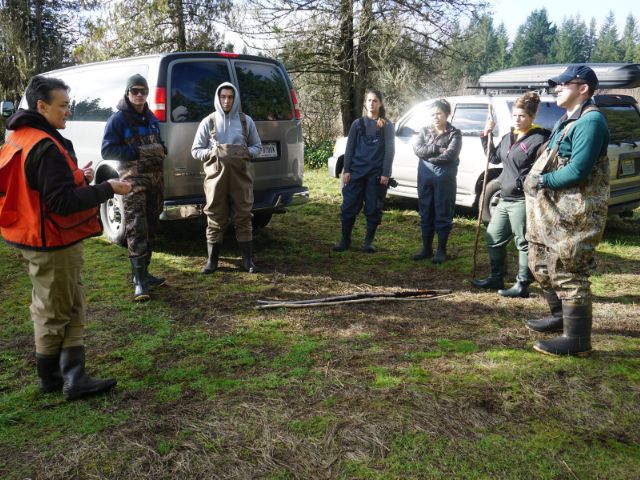
“I have had many NPLD volunteers become longer-term participants in our year-round internship/volunteer program, which in the last decade has become the largest military environmental volunteer program in the world. Several NPLD volunteers have returned to our regular volunteer program as many as 60 times,” said Buckingham.
Many of the NPLD projects at JBLM have successfully created habitat for rare or endangered species. Nesting towers for western purple martins, western bluebirds, and various native bats erected by volunteers during years of NPLD events are now occupied, and native populations are increasing.
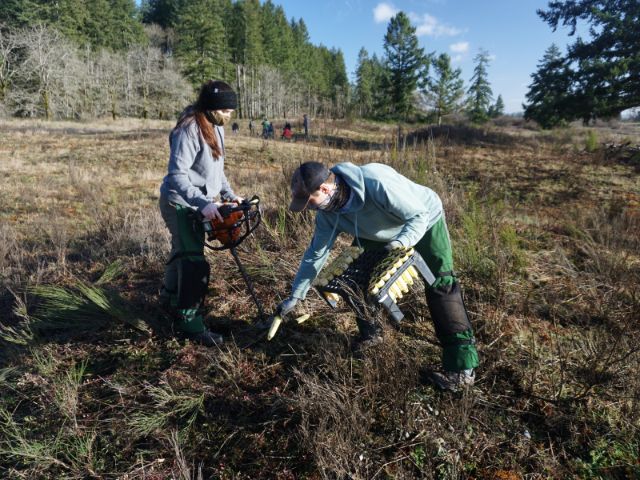
“The grants we've received through NEEF have supplied gear and equipment that is used all year,” said Buckingham. “This really magnifies the impact of our events and creates a pathway for meaning landscape-scale habitat restoration.”
Creating a Lifetime of Memories for Volunteers
Ultimately, it’s the connections Buckingham makes with other volunteers—and the special memories these events create for participants—that has kept him coming back for 18 years and counting.
"We put up several purple martin nesting towers as part of our 2015 NPLD event. The next year, a few martins colonized the array, and by 2017 it was a thriving colony,” he said. “In 2021, I was out doing a survey and I saw a woman and her daughter nearby. It turns out she was one of our volunteers from 2015 who helped put up the towers, and she was showing them to her child. Once people know how to get involved and feel what it’s like to make a visible difference, they're hooked! It's very cool to be a part of."
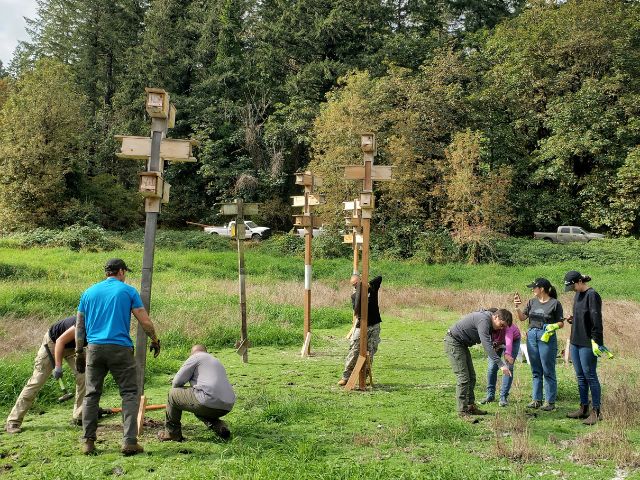
For more information on how you can get involved in NPLD as a volunteer or site manager, check out NEEF’s full list of resources at NEEFusa.org/NPLD.
